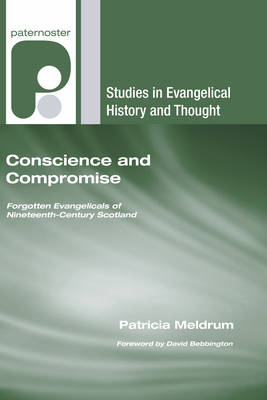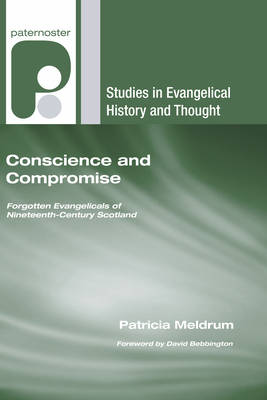
- Retrait gratuit dans votre magasin Club
- 7.000.000 titres dans notre catalogue
- Payer en toute sécurité
- Toujours un magasin près de chez vous
- Retrait gratuit dans votre magasin Club
- 7.000.0000 titres dans notre catalogue
- Payer en toute sécurité
- Toujours un magasin près de chez vous
Description
The Scottish Episcopal Church in the nineteenth century was dominated by High Churchmen. But by around 1820 Evangelical clergy began to take up posts within its fold, particularly in the major Scottish cities, holiday centers, and in places where wealthy patrons could supply funds necessary to sustain a church. The Evangelical newcomers reached a numerical peak from 1842 to 1854 when they accounted for around one in seven of all Episcopal clergy in Scotland. They provided some of the most active and vibrant ministries in the country, notable for their work among the poor and in Sabbatarian, temperance, and missionary endeavors. At the same time their private lives were marked by an attractiveness that belied some contemporary critics of Evangelicalism. However, many Evangelicals did not find the Scottish Episcopal Church to be their natural home. Disputes with High Churchmen arose in the 1820s concerning particularly the doctrine of conversion and were to continue for the rest of the century. When D. T. K. Drummond was censured in 1842 by Bishop C. H. Terrot of Edinburgh for holding evangelistic meetings in the city, he and a large part of his congregation left the Scottish Episcopal Church and founded St. Thomas's Church, loyal to the Church of England. When, subsequently, Drummond found that he had serious doctrinal scruples concerning the Scottish Communion office, the official liturgy of the Scottish Episcopal Church, others joined his English Episcopal movement which was represented by ninety-one clergy serving twenty-four churches up to 1900. After years of agitation the Scottish Episcopal Church altered its canon law in 1890 to accommodate Evangelical concerns. Some English Episcopalians accepted the compromise but for some others the terms were still not satisfactorily watertight and as a matter of conscience they chose to remain apart.
Spécifications
Parties prenantes
- Auteur(s) :
- Editeur:
Contenu
- Nombre de pages :
- 448
- Langue:
- Anglais
- Collection :
Caractéristiques
- EAN:
- 9781498249355
- Date de parution :
- 01-02-07
- Format:
- Livre relié
- Format numérique:
- Genaaid
- Dimensions :
- 152 mm x 229 mm
- Poids :
- 766 g

Les avis
Nous publions uniquement les avis qui respectent les conditions requises. Consultez nos conditions pour les avis.






